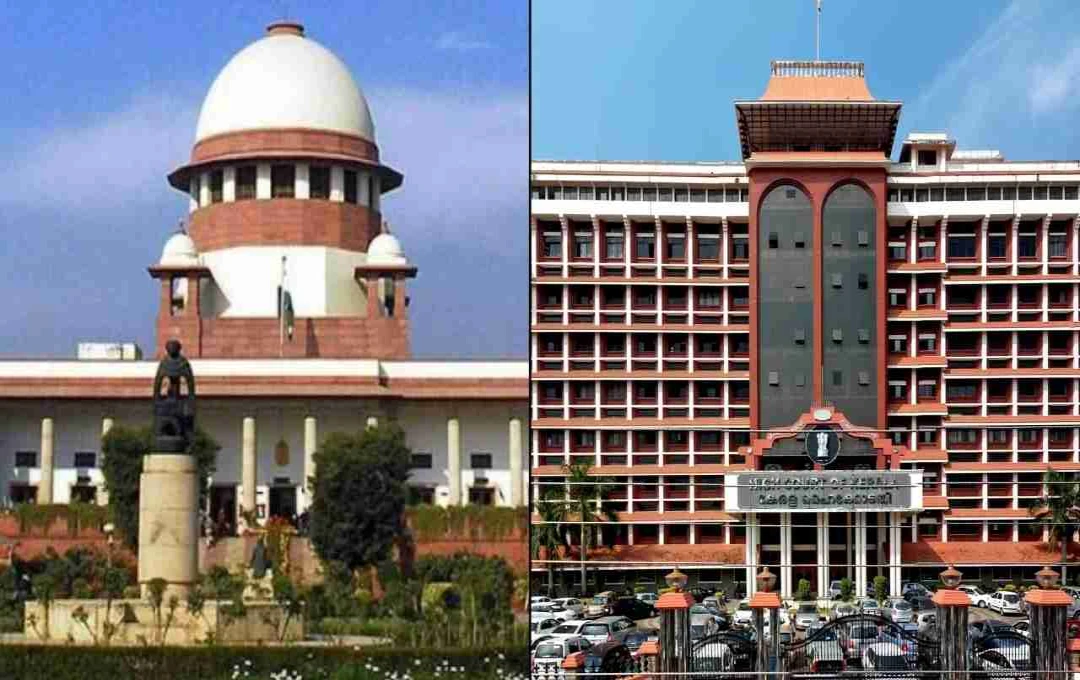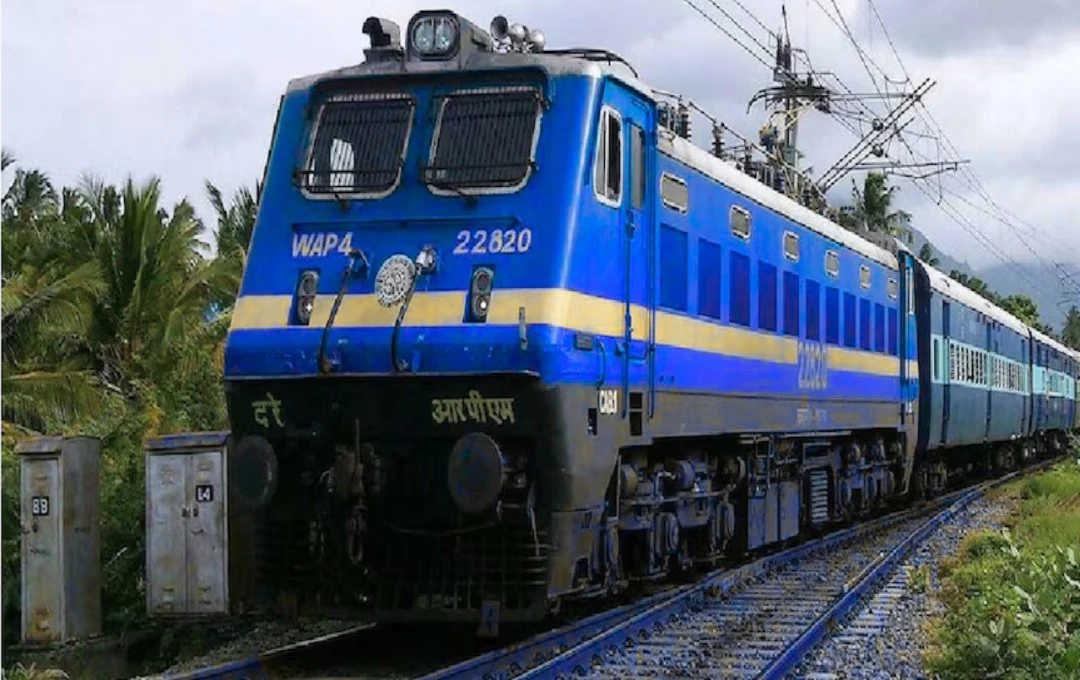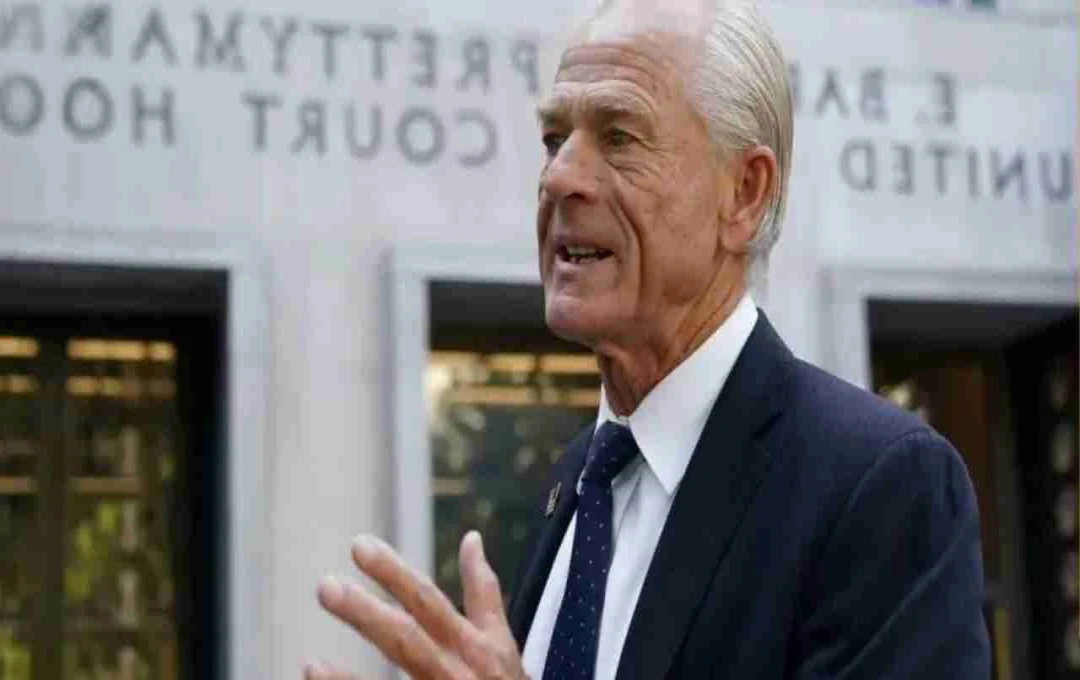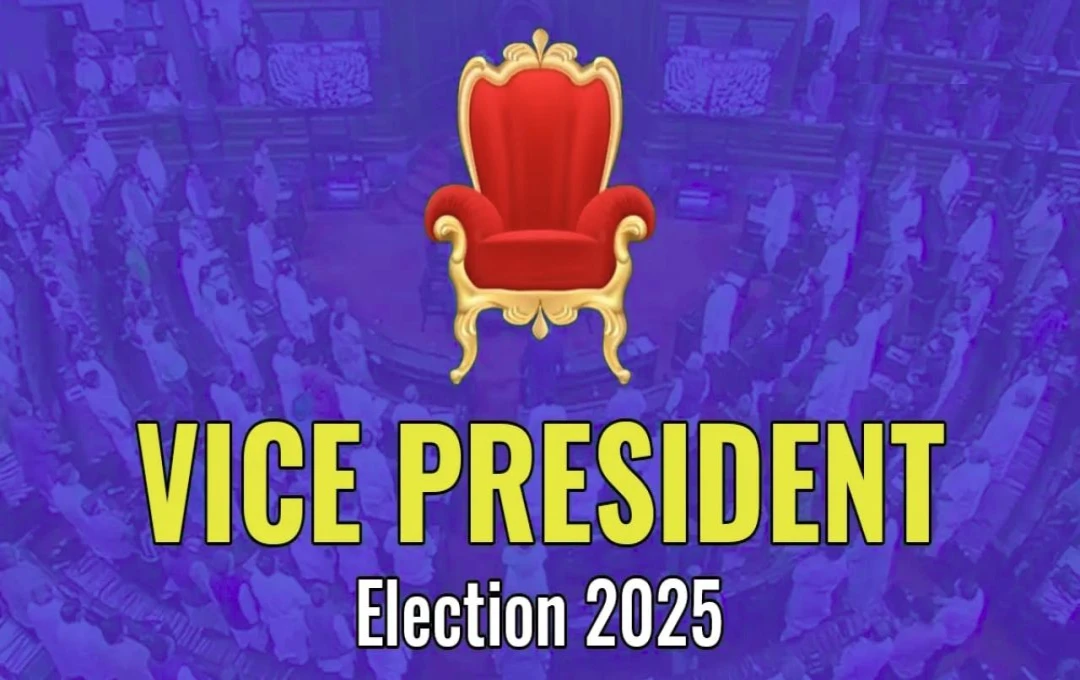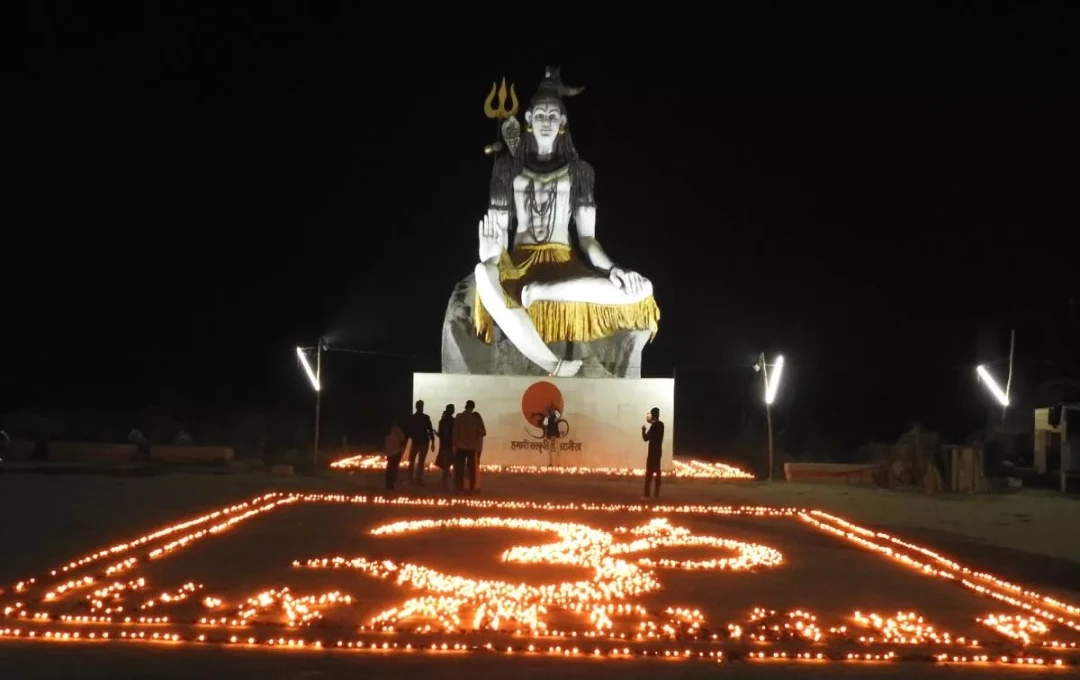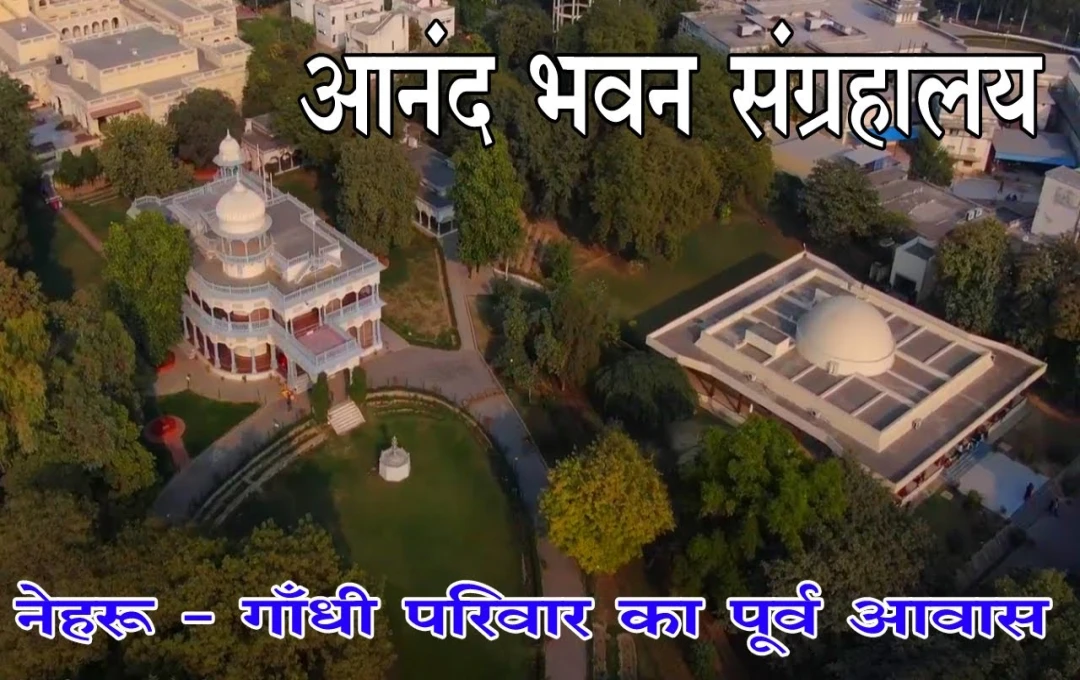The Supreme Court will consider on October 14 whether approaching the Sessions Court first is mandatory for anticipatory bail, or if one can directly approach the High Court. Kerala High Court procedures and the proper factual records will be discussed.
New Delhi: The Supreme Court is now set to consider whether it is mandatory to first approach the Sessions Court for anticipatory bail, or if a petitioner can directly approach the High Court. This issue has been raised based on a case currently in practice at the Kerala High Court, where petitioners can directly apply for anticipatory bail in the High Court.
A bench comprising Supreme Court Justices Vikram Nath and Justice Sandeep Mehta, criticized this procedure, stating that proper factual records are not compiled when applying for anticipatory bail without approaching the Sessions Court. The court clarified that this issue might not be confined to the Kerala High Court alone but could impact judicial rules across the country.
Kerala High Court Procedure and Supreme Court's Concern
A practice has recently emerged in the Kerala High Court where petitioners directly approach the High Court for consideration of anticipatory bail applications. Observing this, the Supreme Court stated that this process does not fully adhere to the constitutional procedure.
Justices Vikram Nath and Justice Sandeep Mehta remarked that a clear procedure is provided in the old Criminal Procedure Code and the new rules. According to these, the Sessions Court must first conduct its inquiry, after which the High Court can consider the case.
The Supreme Court opined that directly approaching the High Court prevents the inclusion of factual records and affects the judicial process. Consequently, the rights of both the petitioner and the respondent are not properly protected.
The Petition and Background of the Issue
This matter is related to a petition filed by two individuals challenging an order of the Kerala High Court. These petitioners approached the High Court directly for anticipatory bail without going to the Sessions Court. The Kerala High Court dismissed their petition.
The Supreme Court will now decide whether this option is available at the petitioner's discretion, or if it is mandatory for the accused to first apply to the Sessions Court. The bench of judges stated that this decision will have implications in other states as well.
Supreme Court's Action
The Supreme Court has sent a notice to the Kerala High Court through its Registrar General. Additionally, the Supreme Court has appointed senior advocate Siddharth Luthra as an amicus curiae to assist in this matter.
The hearing for this case has been adjourned to October 14. At this time, the court will examine whether the practice of obtaining anticipatory bail directly from the High Court is legally valid or if the procedure of the Sessions Court is mandatory.
Anticipatory Bail
Anticipatory Bail is a procedure where an accused seeks protection from the court before being arrested. Its purpose is to prevent an innocent person from being imprisoned without any proper investigation. Generally, the accused first applies to the Sessions Court or a court of similar jurisdiction. The court will then investigate whether the charges against the accused are valid before deciding to grant bail.
